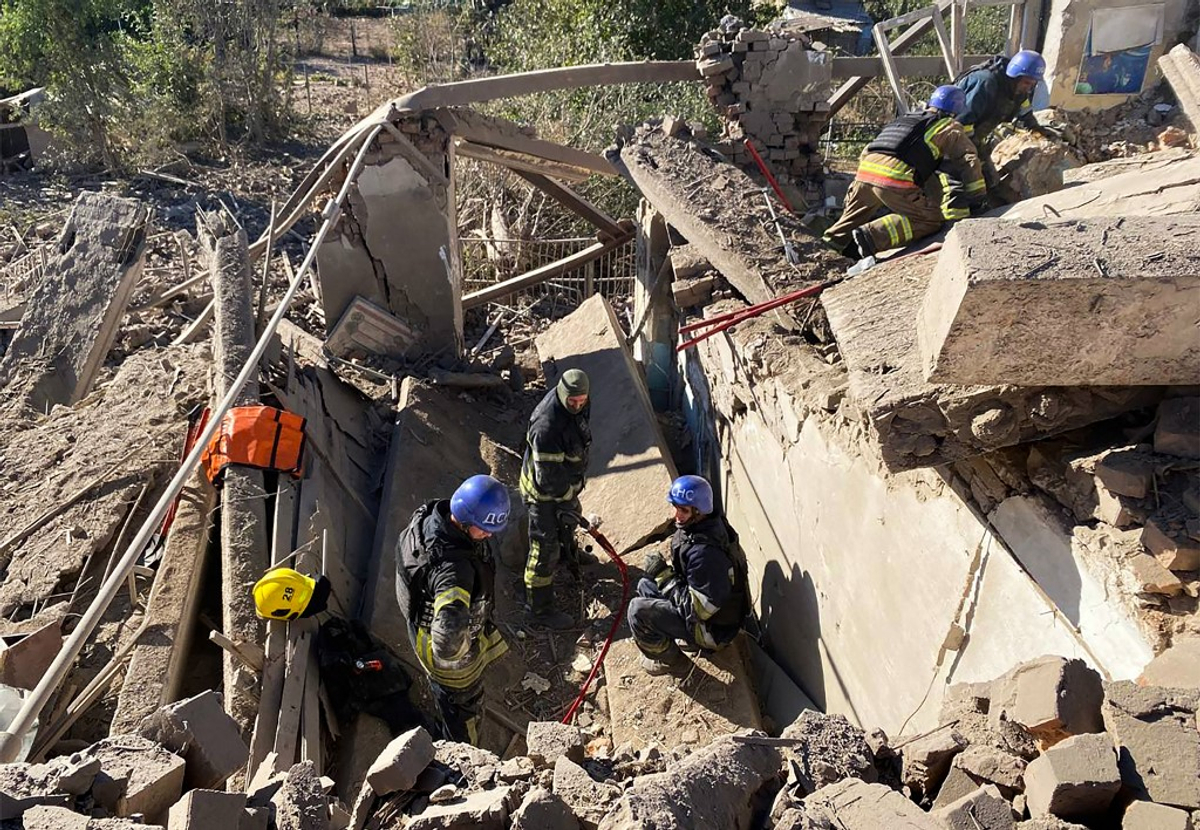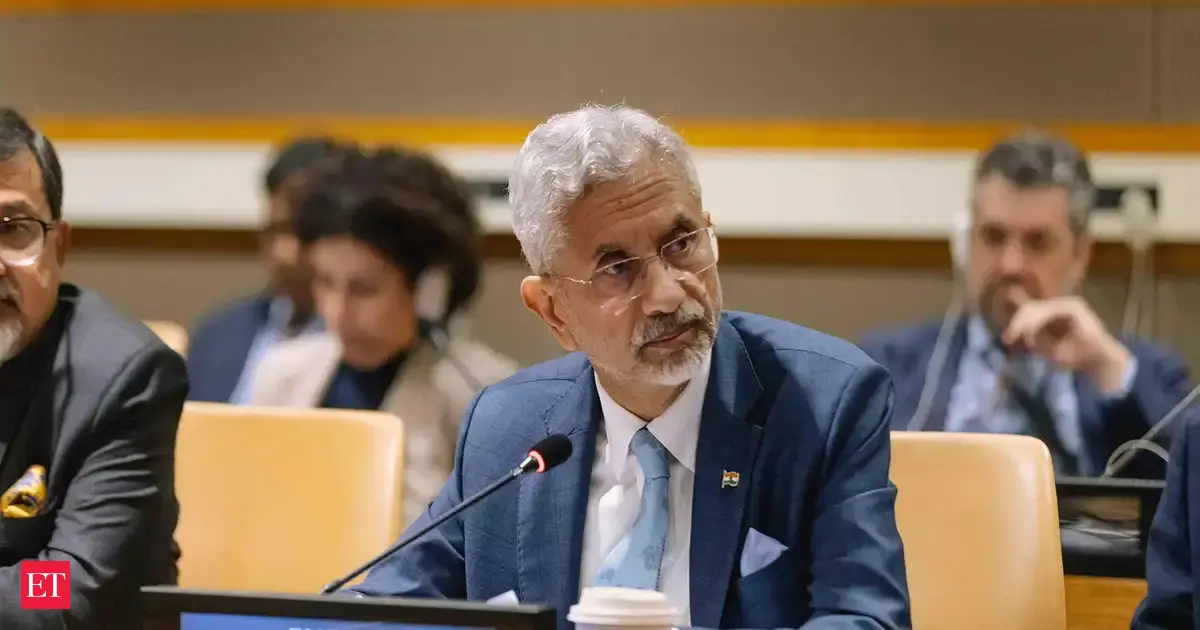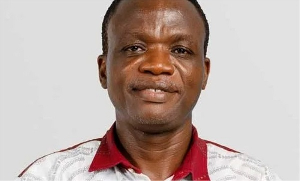Ukraineʼs Interpipe Profitable Despite War – Targets South America, Canada Under New CEO Zanotti
By Kateryna Mykhailova
Copyright kyivpost

Ukraine’s largest pipe and rail wheel company Interpipe plans to remain profitable in 2025, marking the fourth consecutive year of profits during the Russia’s ongoing full-scale war, newly appointed CEO Luca Zanotti told Forbes Ukraine.
Interpipe, located in heavily shelled Nikopol, is owned by Ukraine’s fourth-richest businessman Viktor Pinchuk, as per Forbes Ukraine’s 2022 list of the 20 richest Ukrainians. The company earned $737.8 million from 2022 to 2024, with revenue hitting $1 billion in 2024. Roughly three quarters of its sales are to foreign markets.
Italian Luca Zanotti took over as Interpipeʼs CEO in May 2025. He spent over 14 years at global steel giant Tenaris, leading its US operations. Zanotti is one of the few Western executives to lead a Ukrainian company during the war, Forbes reported.
Resilience, entrepreneurship, and flexibility stand out among the benefits of Interpipe employees, Zanotti said. Over the past decade, the company expanded from a single main market in the Commonwealth of Independent States (SIC) to almost all global markets.
“This shift shows the company’s ability to transform. Without it, we would be in a difficult position,” Zanotti added.
Despite his 14 years at Tenaris, Zanotti does not want Interpipe to copy his previous employer’s model.
“Interpipe doesn’t need to copy anyone. Tenaris has more procedures, and they follow rules more strictly,” he told Forbes. “In my view, we also need a bit more discipline in production. We are strong, but not always consistent.
Otherwise, I like Interpipe’s corporate culture. I want to preserve its entrepreneurship, flexibility, and speed.”
Interpipe’s competitive edge comes from lower production costs and faster decision-making, he told Forbes Ukraine. During the war, the company built a new heat-treatment division in the southern Ukrainian city of Nikopol for under $30 million, completing it in record time, Zanotti said.
Now, Interpipe plans to boost competitiveness by increasing operational discipline, improving production consistency, and expanding into new markets. Zanotti identified South America and Canada as priority regions.
The company relies heavily on exports, making it vulnerable to trade restrictions. US tariffs and European protection measures, along with global steel overcapacity – especially from China – pose ongoing challenges. In the first financial quarter of 2025, Interpipe’s US pipe sales grew 25% despite 25% tariffs.
“Sales to the US are affected by seasonal factors. The last quarter of the year is usually not very active. In addition, the 25% tariff was reinstated in February 2025,” Zanotti added.
Zanotti said the experience of operating in a war zone underscores the company’s and the nation’s capacity to adapt. In July, Kyiv endured one of Russia’s massive missile and drone attacks – as did Zanotti, who was in the city.
“While in a shelter, I thought, Tomorrow will be chaos; nothing will get done. By 8:30 a.m., everything was back to normal. I had a meeting at Naftogaz, and everyone was at work discussing business. One night under fire is one thing. But a second, a third, a thousand nights? I’m not sure if this reflects the resilience of the Ukrainian people or humanity’s capacity to adapt – but it is remarkable.”



